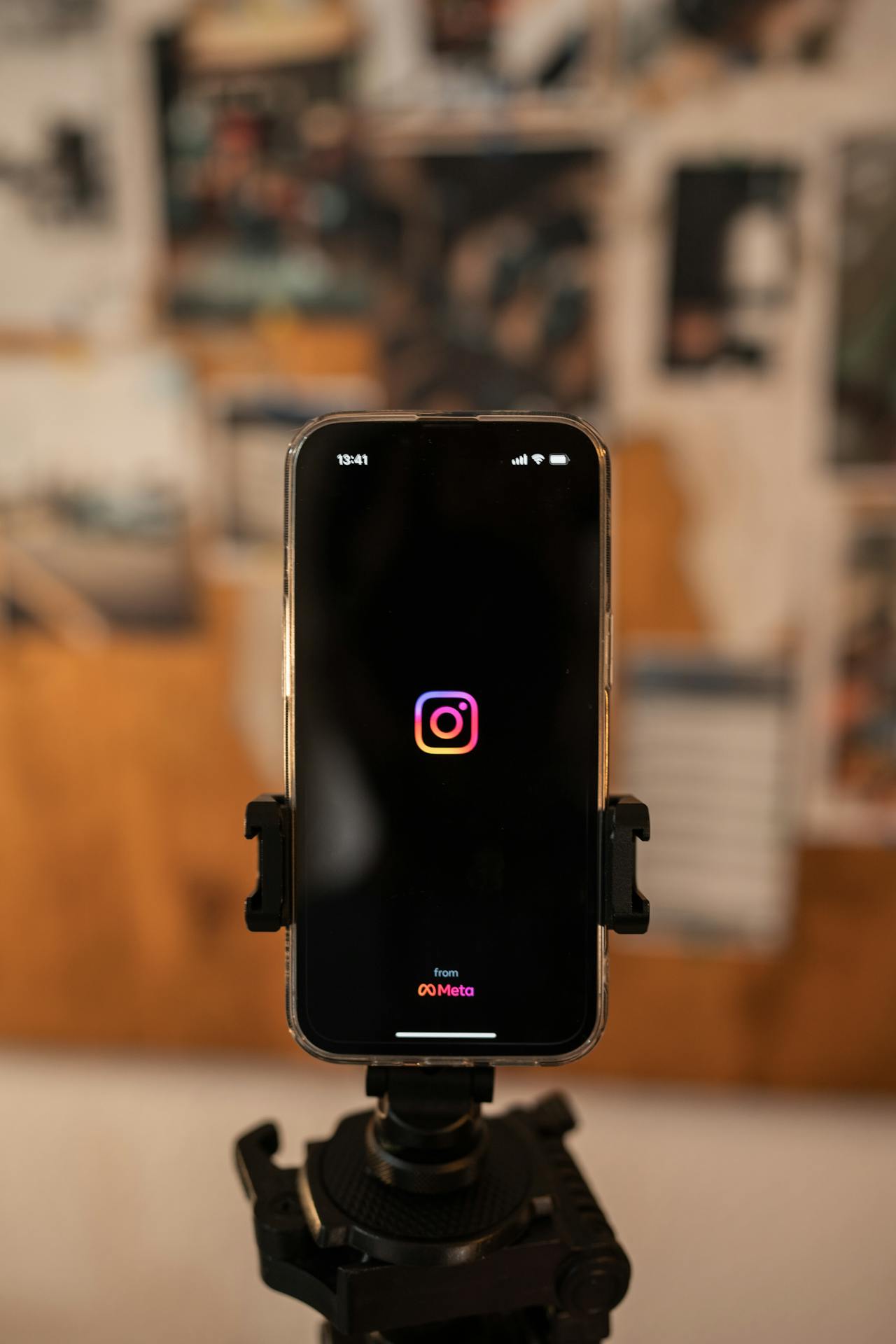UNESCO Study Reveals Most Influencers Fail To Verify Information


November 28, 2024
UNESCO warned that the “low prevalence of fact-checking highlights influencers’ vulnerability to misinformation, which can have far-reaching consequences for public trust and discourse.”
According to a study published Tuesday by UNESCO, the UN’s scientific and cultural agency, most social media influencers fail to verify the accuracy of the content they share. The report underscores the growing risks of misinformation in an era where influencers play a pivotal role in shaping public opinion.
The study, conducted in August and September 2024, surveyed 500 influencers from 45 countries with at least 1,000 followers. It found that 62% of respondents admitted they did not fact-check their content. While 37% occasionally consulted fact-checking sites, many relied on subjective measures, such as a source’s popularity or input from trusted friends, rather than documented evidence.
UNESCO warned that the “low prevalence of fact-checking highlights influencers’ vulnerability to misinformation, which can have far-reaching consequences for public trust and discourse.”
Influencers’ Role in Shaping Public Perception
The findings are particularly concerning given that nearly 40% of young Americans aged 18 to 29 “regularly” get their news from influencers, according to a Pew Research Center study. These influencers often lack the formal training of journalists, relying on personal experiences or social media trends as their primary sources of information.
Notably, 42% of influencers surveyed said they judged a source’s credibility by the number of likes or views received, while only 17% prioritized documentation and evidence. Despite this, 69% believed they were promoting “critical thinking and digital literacy” among their audiences.
Misinformation’s Real-World Impact
The report comes from the 2024 U.S. presidential election, where social media influencers were crucial in disseminating information. President-elect Donald Trump and Vice President Kamala Harris leveraged influencers and podcasters with massive followings to appeal directly to voters.
UNESCO noted that the lack of rigorous fact-checking by influencers has real-world implications. Earlier this year, false claims about migrants in Springfield, Ohio, stealing and eating pets went viral, fueled by right-wing influencers. Despite local officials’ attempts to debunk the rumors, the misinformation led to bomb threats, school closures, and widespread fear in the community.
Governments and social media platforms have struggled to combat such misinformation. Platforms like X (formerly Twitter) rely on “Community Notes” features for fact-checking but often fail to remove false content. Similarly, YouTube banned the monetization of election-related misinformation and profited from such videos.
Opaque Funding and Sponsored Content
Another concern is transparency in influencer funding. According to the UNESCO study, 53% of respondents said they created sponsored content, but 7% admitted they did not disclose sponsorships, presenting such content as unsponsored.
This lack of transparency can further erode trust in the information influencers share, especially as some unwittingly promote divisive narratives funded by foreign actors. In September, a U.S. Justice Department indictment revealed that Russia unknowingly paid several conservative influencers to spread misinformation, although they were not accused of wrongdoing.
Calls for Media Literacy
UNESCO emphasized the need to enhance media literacy among influencers, advocating for tools and training to help creators identify credible sources and verify facts. “The prevalent lack of rigorous critical evaluation of information highlights an urgent need to enhance creators’ media and information literacy skills,” the organization said.
While some influencers, like UK journalist Kassy Cho, use mainstream media as a baseline for content creation, many others, like China-based influencer Zhang Zhaoyuan, rely solely on personal experiences. This disparity illustrates the broader challenges in ensuring accuracy across the digital content landscape.
As social media continues to dominate the information ecosystem, the need for accountability and transparency among influencers has never been greater.
RELATED CONTENT: Queen Latifah To Host Kennedy Center Honors, Apollo Theater Named Recipient










